The Art of War
By Sun-Tzu
Category
WarRecommended by
"The Art of War" by Sun Tzu is a timeless military strategy masterpiece that offers profound insights into the art of warfare.
In this concise and precise book, Sun Tzu explores the fundamental principles and strategies essential for victory on the battlefield. Drawing on his own extensive experience in ancient Chinese warfare, Sun Tzu presents a holistic perspective on conflict, emphasizing the importance of careful planning, knowledge of oneself and the enemy, and adaptability.
Divided into thirteen chapters, each focusing on crucial aspects of war, "The Art of War" covers topics such as military dispositions, terrain, deception, and leadership. Sun Tzu emphasizes the concept of winning without engaging in direct conflict, promoting the idea that the highest form of generalship is to subdue the enemy without fighting.
Throughout the book, Sun Tzu stresses the importance of intelligence and analysis, urging commanders to thoroughly understand their adversaries' strengths and weaknesses. He points out that victory lies not in brute force alone, but in the ability to exploit opportunities, predict the enemy's moves, and manipulate their thinking.
"The Art of War" also delves into the crucial role of leadership in military success. Sun Tzu emphasizes the qualities of a good leader, including wisdom, courage, and the ability to motivate and inspire soldiers.
Although primarily focused on warfare, "The Art of War" offers insights that extend beyond the battlefield. Its teachings are applicable to various aspects of life, such as business, politics, and personal relationships. Sun Tzu's wisdom transcends time and place, providing readers with valuable lessons on strategy, decision-making, and achieving success.
With its concise and precise prose, "The Art of War" remains an indispensable guide for anyone seeking to understand the complex dynamics of conflict and the art of achieving victory.
In this concise and precise book, Sun Tzu explores the fundamental principles and strategies essential for victory on the battlefield. Drawing on his own extensive experience in ancient Chinese warfare, Sun Tzu presents a holistic perspective on conflict, emphasizing the importance of careful planning, knowledge of oneself and the enemy, and adaptability.
Divided into thirteen chapters, each focusing on crucial aspects of war, "The Art of War" covers topics such as military dispositions, terrain, deception, and leadership. Sun Tzu emphasizes the concept of winning without engaging in direct conflict, promoting the idea that the highest form of generalship is to subdue the enemy without fighting.
Throughout the book, Sun Tzu stresses the importance of intelligence and analysis, urging commanders to thoroughly understand their adversaries' strengths and weaknesses. He points out that victory lies not in brute force alone, but in the ability to exploit opportunities, predict the enemy's moves, and manipulate their thinking.
"The Art of War" also delves into the crucial role of leadership in military success. Sun Tzu emphasizes the qualities of a good leader, including wisdom, courage, and the ability to motivate and inspire soldiers.
Although primarily focused on warfare, "The Art of War" offers insights that extend beyond the battlefield. Its teachings are applicable to various aspects of life, such as business, politics, and personal relationships. Sun Tzu's wisdom transcends time and place, providing readers with valuable lessons on strategy, decision-making, and achieving success.
With its concise and precise prose, "The Art of War" remains an indispensable guide for anyone seeking to understand the complex dynamics of conflict and the art of achieving victory.
Share This Book 📚
More Books in War
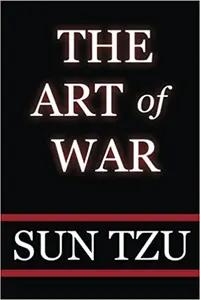
The Art of War
Sun-Tzu
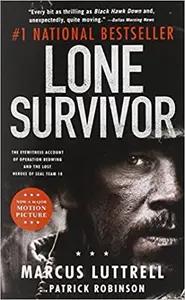
Lone Survivor
Marcus Luttrell
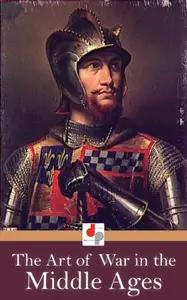
The Art of War in the Middle Ages
Charles Oman
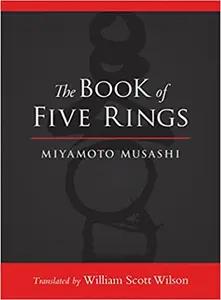
The Book of Five Rings
Miyamoto Musashi
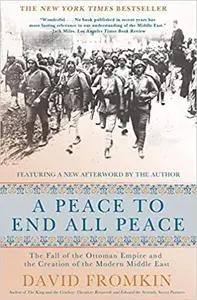
A Peace to End All Peace
David Fromkin
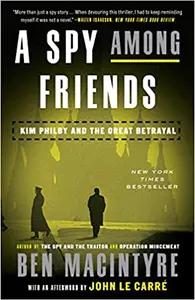
A Spy Among Friends
Ben MacIntyre
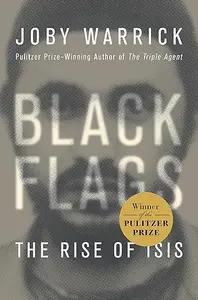
Black Flags
Joby Warrick
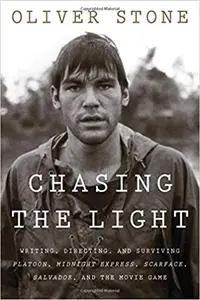
Chasing the Light
Oliver Stone
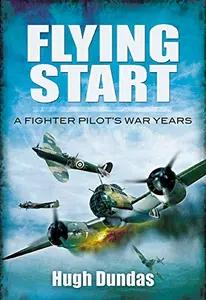
Flying Start
Hugh Dundas
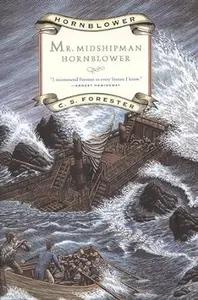
Hornblower Saga
C.S. Forester
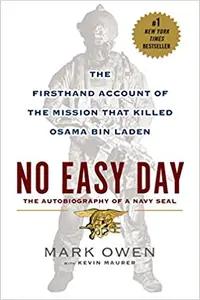
No Easy Day
Mark Owen
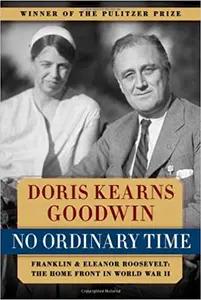
No Ordinary Time
Doris Kearns Goodwin
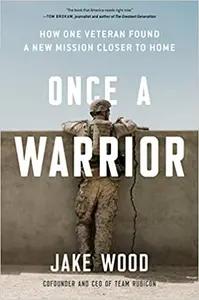
Once a Warrior
Jake Wood
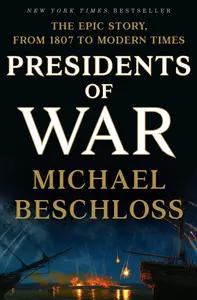
Presidents of War
Michael Beschloss
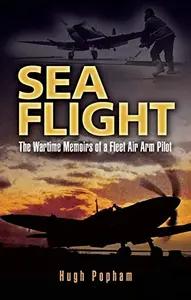
Sea Flight
Hugh Popham
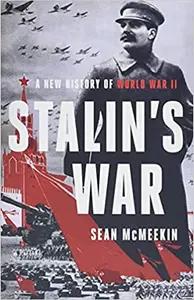
Stalin's War
Sean McMeekin
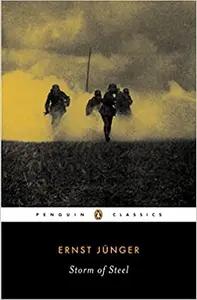
Storm of Steel
Ernst Junger

The Best We Could Do
Thi Bui
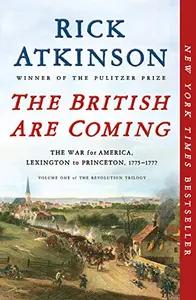
The British Are Coming
Rick Atkinson
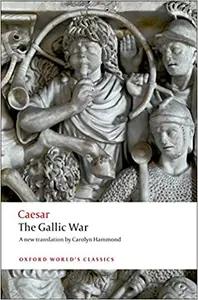
The Gallic Wars
Julius Caesar

The Great Illusion
Norman Angell
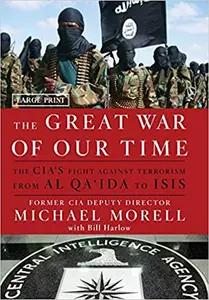
The Great War of Our Time
Michael Morell
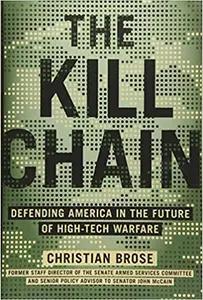
The Kill Chain
Christian Brose
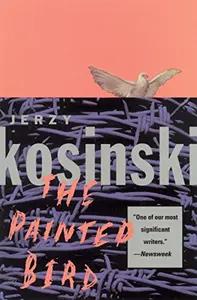
The Painted Bird
Jerzy Kosinski
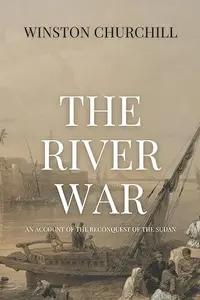
The River War
Winston Churchill
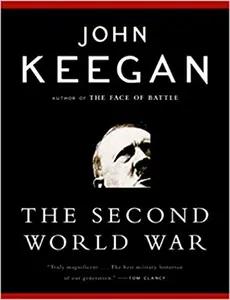
The Second World War
John Keegan
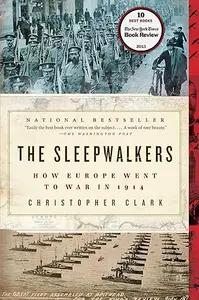
The Sleepwalkers
Christopher Clark
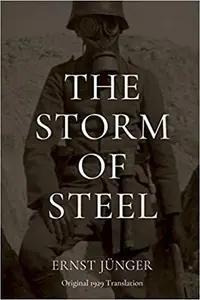
The Storm of Steel
Ernst Junger
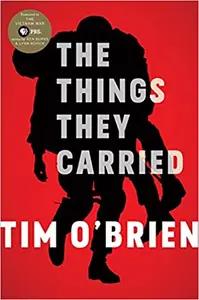
The Things They Carried
Tim O'Brien
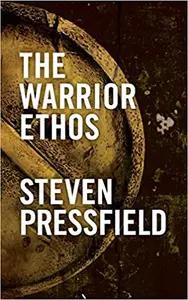
The Warrior Ethos
Steven Pressfield
Popular Books Recommended by Great Minds 📚

The Bitcoin Standard
Saifedean Ammous

Who We Are and How We Got Here
David Reich
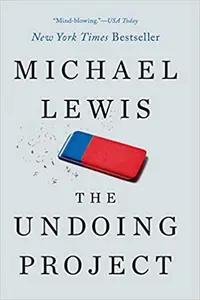
The Undoing Project
Michael Lewis
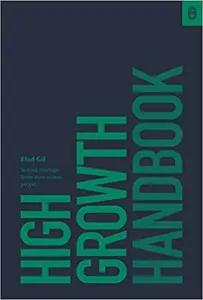
High Growth Handbook
Elad Gil
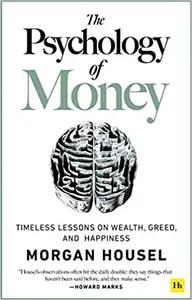
The Psychology of Money
Morgan Housel

The Autobiography of Benjamin Franklin
Benjamin Franklin
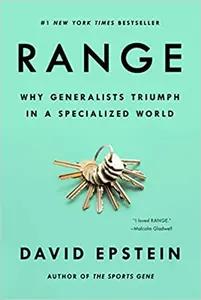
Range
David Epstein
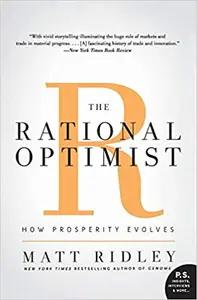
The Rational Optimist
Matt Ridley
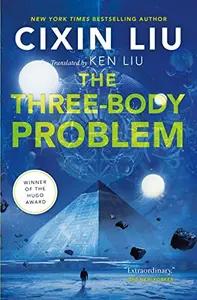
The Three Body Problem
Cixin Liu
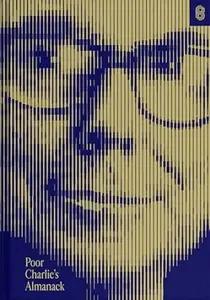
Poor Charlie's Almanack
Charlie Munger
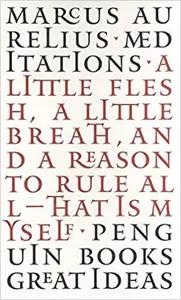
Meditations
Marcus Aurelius
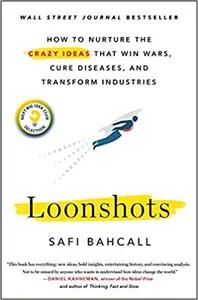
Loonshots
Safi Bahcall
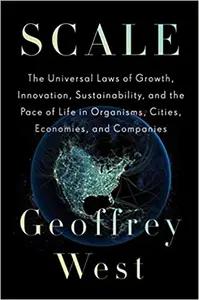
Scale
Geoffrey West

The Innovators Dilemma
Clayton Christensen
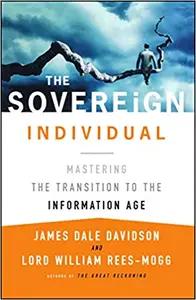
The Sovereign Individual
James Dale Davidson & William Rees-Mogg
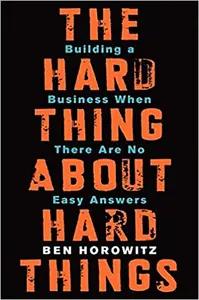
The Hard Thing About Hard Things
Ben Horowitz
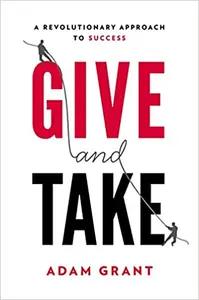
Give and Take
Adam Grant
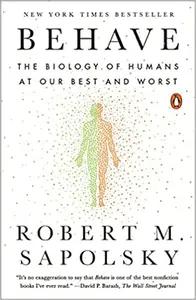
Behave
Robert Sapolsky
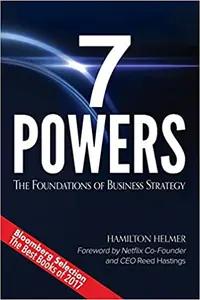
7 Powers
Hamilton Helmer
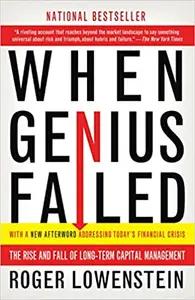
When Genius Failed
Roger Lowenstein
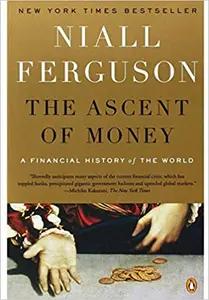
The Ascent of Money
Niall Ferguson
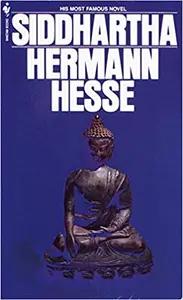
Siddhartha
Hermann Hesse
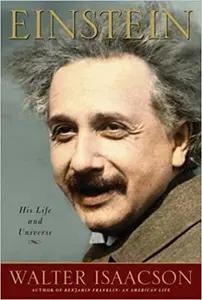
Einstein
Walter Isaacson
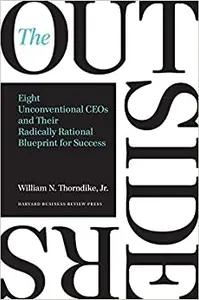
The Outsiders
William Thorndike
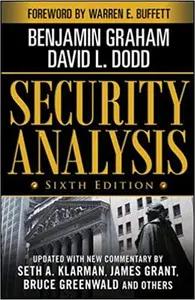
Security Analysis
Benjamin Graham
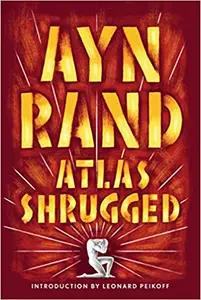
Atlas Shrugged
Ayn Rand
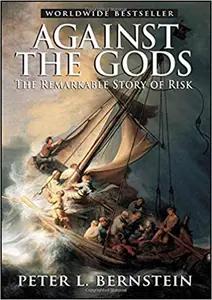
Against The Gods
Peter Bernstein
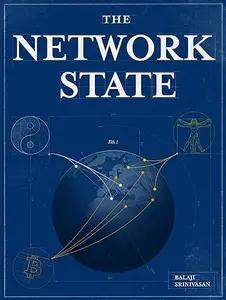
The Network State
Balaji Srinivasan
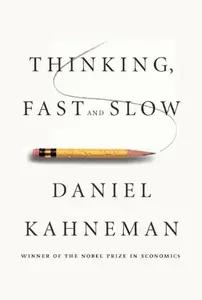
Thinking, Fast and Slow
Daniel Kahneman
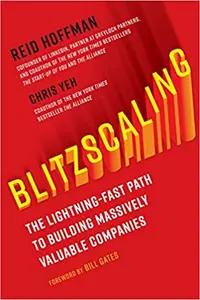
Blitzscaling
Reid Hoffman